The indigenous communitiesin the Congo Basin
The Congo Basin
The Congo Basin is a politically unstable region and the scene of sporadic armed conflicts. Tensions between different stakeholders often lead to physical violence and human rights abuses, which tend to disproportionately affect the most vulnerable members of society. The three participating parks in the Congo Basin are home to a number of indigenous hunter-gatherer groups, whose current situation is more vulnerable than that of the rest of the population. About 250 different ethnic groups live in the region and, although the exact number of indigenous people in the parks is unknown, it is estimated between 700,000 and 2,000,000. Subject to repeated discrimination, exploitation, exclusion and violence, the indigenous peoples Indigenous people in the Congo Basin are frequently and brutally evicted from their lands and forced to live in precarious living conditions with little or no access to education or health care. Their rights to land and to live in peace as human beings are neither protected nor promoted, which in turn alienates them from their traditional knowledge systems, cultural heritage and livelihoods.
As these communities move further and further away from the forest due to limited access, increasing numbers of indigenous groups become sedentary and drink alcohol; forced to live by the roadsides and in farming communities. Growing pressure from commercial hunting, mining, logging, migrants and nature conservation efforts are all major contributors to the rapid disappearance of indigenous and cultural heritage and traditional ways of life.
In 2019, eco-guards engaged in conservation work for WWF were accused of serious human rights violations against indigenous peoples and local communities living in protected areas. In response, WWF launched investigations to bring all perpetrators to justice, established a human rights center in Mambele, Cameroon, and provided appropriate training for rangers. WWF has also put in place an Environmental and Social Safeguards Framework (ESSF) applicable to all projects, programs and landscapes of the WWF network.
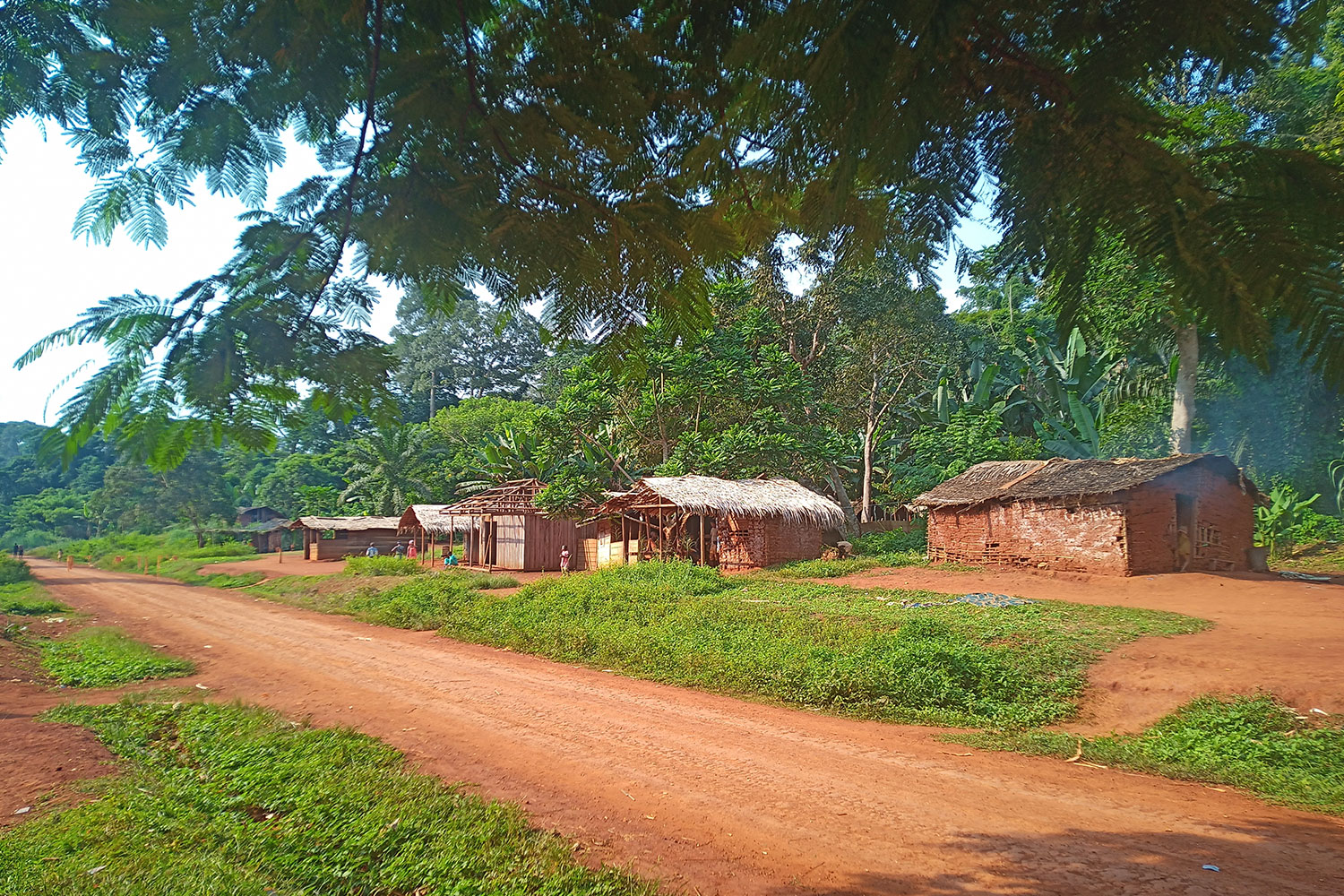
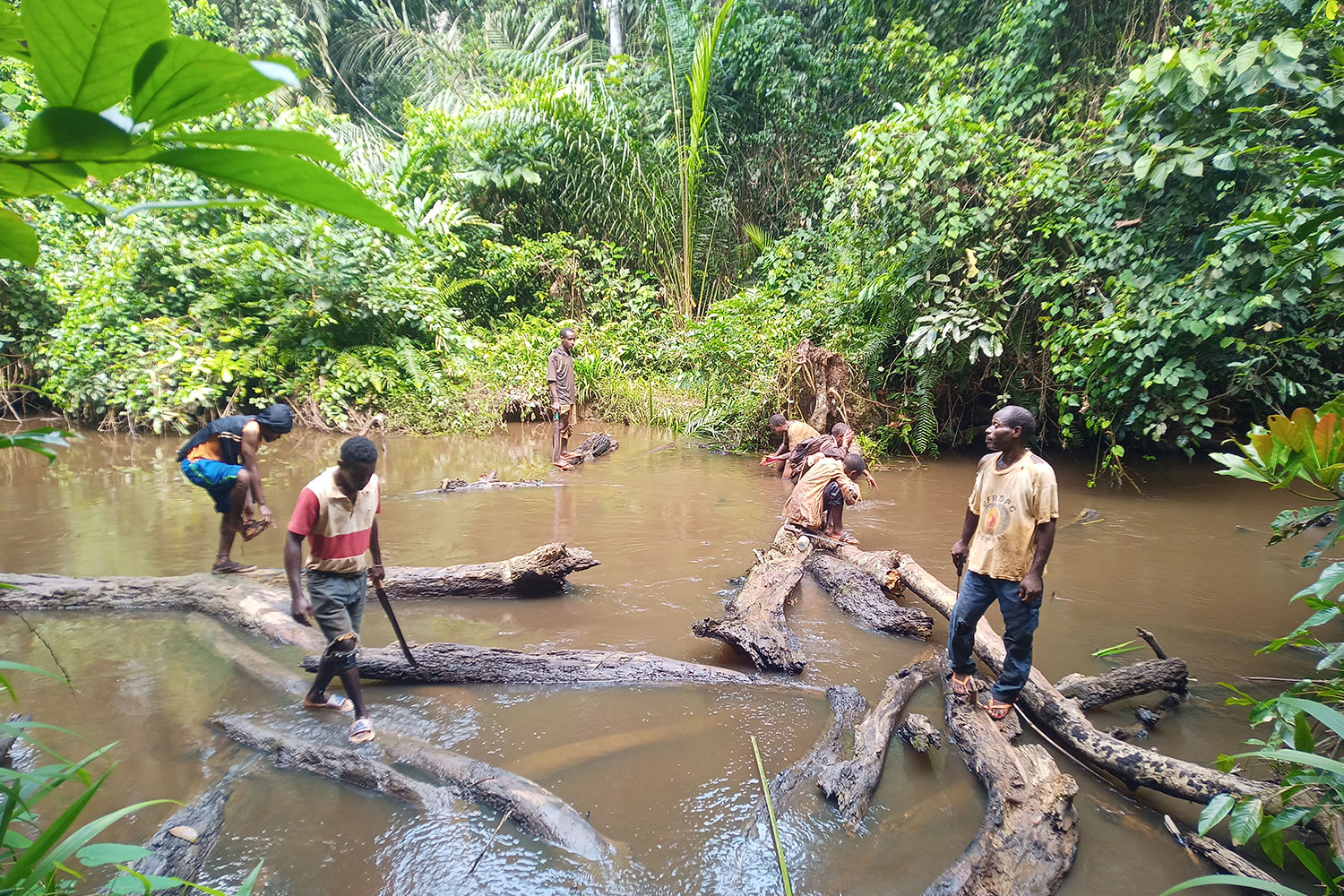
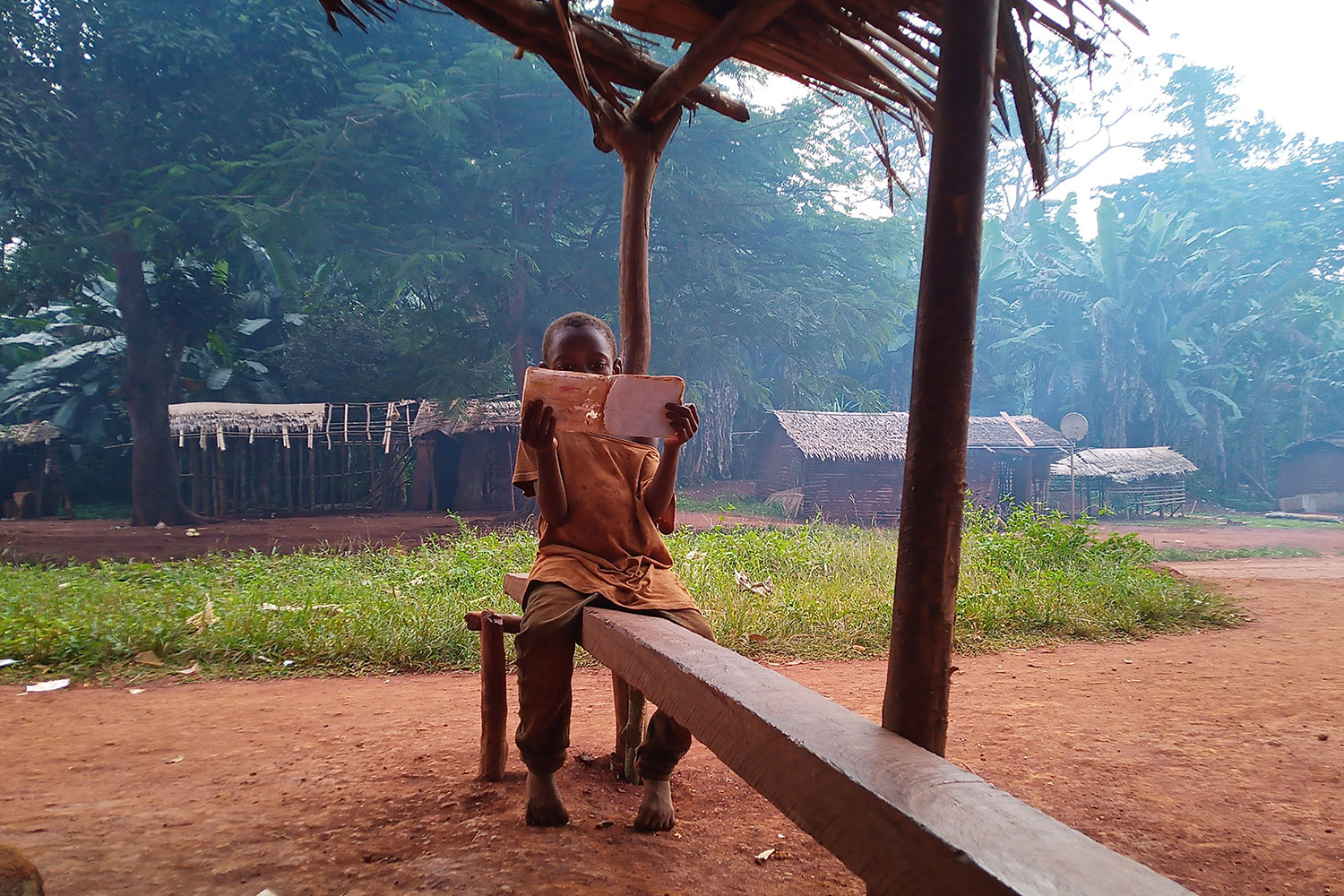
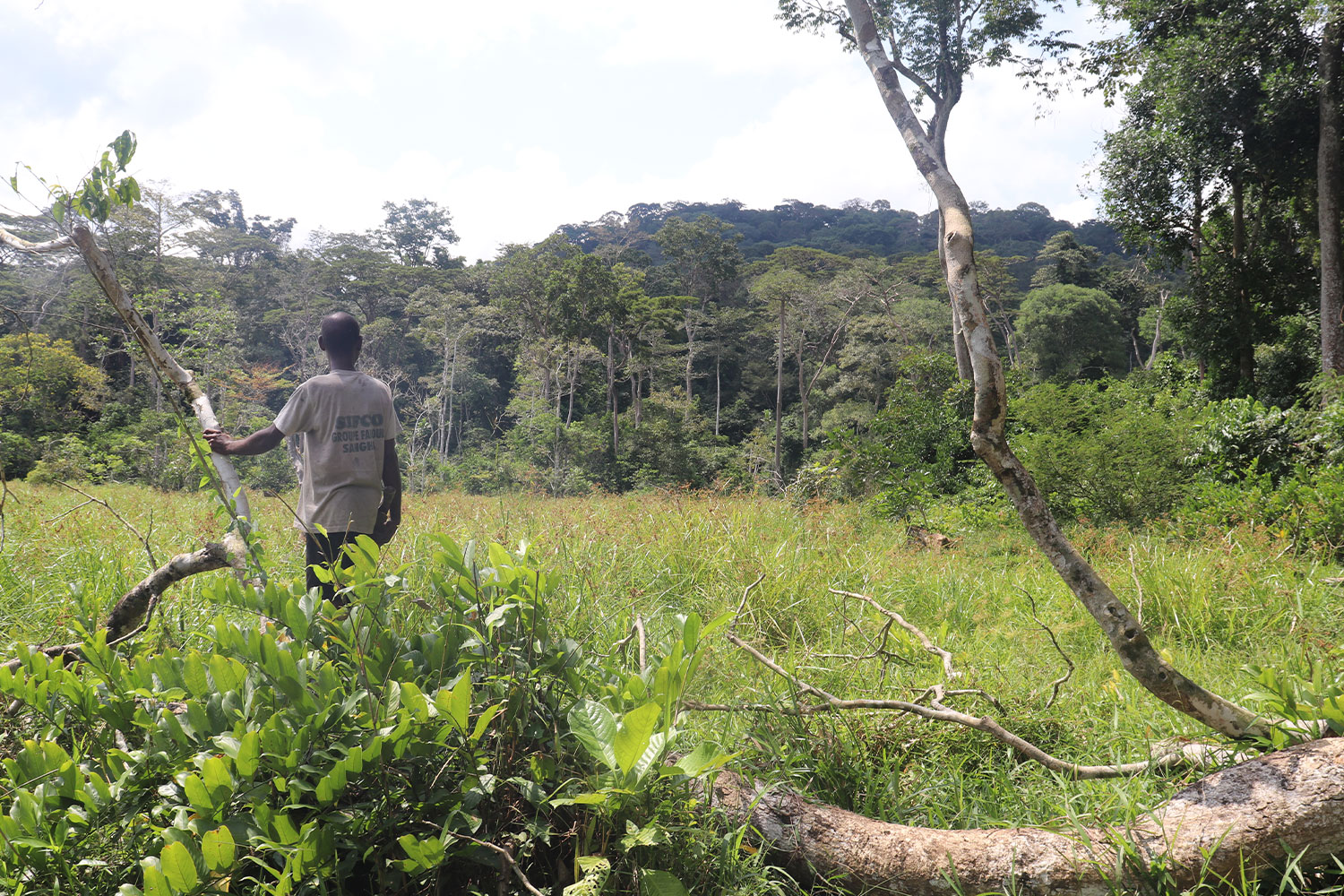
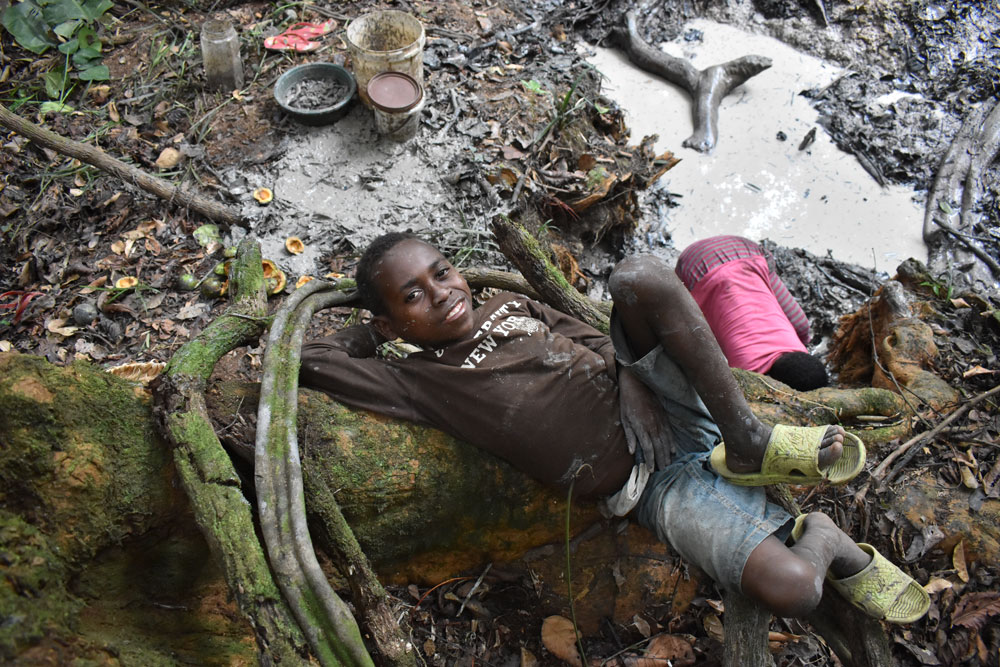
As these communities become more and more estranged from the forest due to limited access, an increasing number of indigenous groups are becoming sedentarised and alcoholised; forced to live on roadsides and in farming communities. Mounting pressure from commercial hunting, mining, logging, migrants and nature conservation efforts are all major contributors to the rapid disappearance of indigenous and cultural heritage and traditional lifestyles.
In 2019, rangers engaged in conservation work for the WWF were accused of serious human rights abuses against indigenous peoples and local communities living in the Protected Areas. In response, WWF initiated investigations to bring any perpetrators to justice, established a human rights centre in Mambele, Cameroon and provided appropriate training for rangers. WWF also set up an Environmental and Social Safeguards Framework (ESSF) applicable to all projects, programs and landscapes throughout the WWF Network.